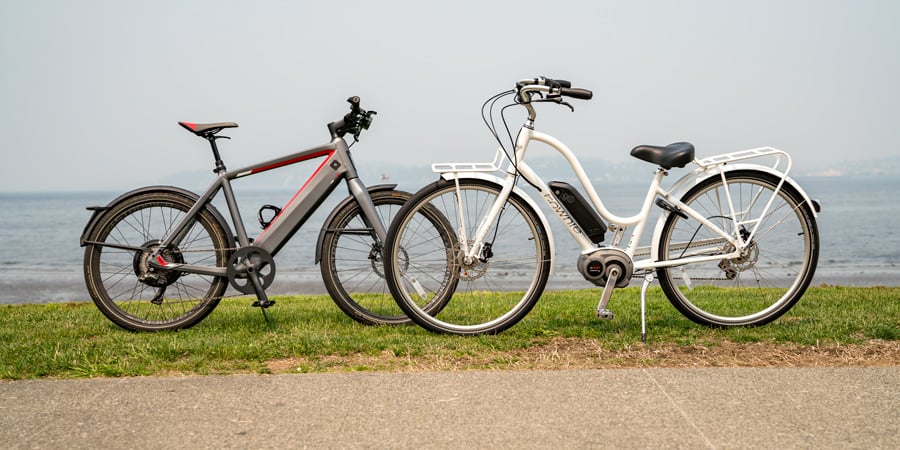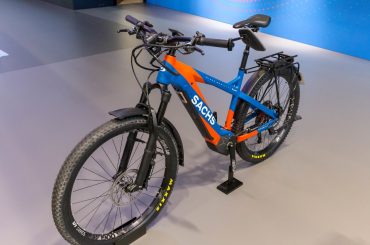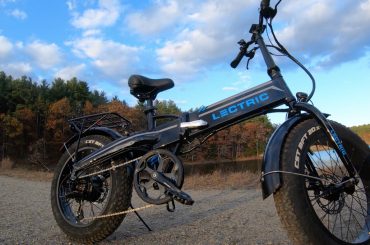Table of Contents
Upgrading from a traditional bicycle to an e-bike is like obtaining a real-life superpower. From keeping up with stop-start traffic to breezing over hills to reaching your destination sweat-free, electrification sure has its benefits. Unfortunately, it doesn’t make choosing a specific bike any easier.
There are numerous categories including mountain, road, urban, cargo and cruiser among others. Differences between manufacturers in terms of pricing and their subsequent effect on build quality, features, motors, and range further complicate the decision.
But choosing your first e-bike doesn’t have to be a headache. You just need to know what to look for. Here are six things to consider that will help you find the perfect model for your needs.
Reputation
It’s not uncommon for buyers to find inconsistencies between on-paper specifications and real-world performance. This is why it’s wise to stick with reputable brands whose bikes are well-tested by third parties. whether it is freezer or any other electrical appliance, before you pull the trigger, check online for user reviews, videos, and any other form of evidence that supports the claims made.
Battery
The manufacturer of the battery will reveal what you can expect in terms of performance and reliability. Brand name batteries tend to undergo more stringent testing that guarantees a certain number of charge cycles. Another two important factors to consider are voltage and capacity.
The former will give you an idea of the bike’s power output. If you’re riding in flat areas without cargo, then batteries in the 36-volt range should suffice. But if you’re traversing hills and carrying additional items, something closer to 48 volts is recommended. Capacities range from 10-20-amp hours. The more you have, the further you can ride.
Weight Support
Electric bikes share similar weight limits with their traditional counterparts. Most of them will comfortably support rider weights of up to 300 lbs. But even if they can, it doesn’t mean they necessarily should. A good rule of thumb is to remove 50-lbs from the specified limit. Be sure to consider how your cargo will influence the total weight.
Motor Mount
The location of the motor plays a major role in determining an e-bike’s suitability for specific uses. You will typically find the motor mounted in one of two ways. The most common is a crank motor assist, which is when the motor is mounted in the pedal area.
The other type is known as a hub motor assist, whereby the motor is mounted on one of the wheels. In general, crank assisted bikes are louder in exchange for better performance on steep hills. Hub motors are the opposite, serving as a silent way to get around flat, urban areas.
Intended Playground
Perhaps only second to price, the biggest deciding factor when choosing an e-bike is its intended use. Different models are made for different environments. Consider where yours will collect most of its miles and what you’ll be doing. Are surfaces such as snow or sand a factor? Will you be hauling cargo?
What kind of elevation changes will you experience during your rides? After answering these questions, you can start looking into e-bikes in a suitable category. The internet makes this easy. For instance, if you plan on going off-road, you’ll want to look into a list that details some of the best all terrain electric bikes.
Price
Finally, it should come as no surprise that with e-bikes, you get what you pay for. Building a quality chassis with reliable components is not a cheap endeavor. It’s far wiser to invest in a quality bike that will provide a more satisfying experience while outlasting cheaper options.
Conclusion
When possible, be sure to take a test ride before buying. How it makes you feel will ultimately determine whether it’s the right choice.





